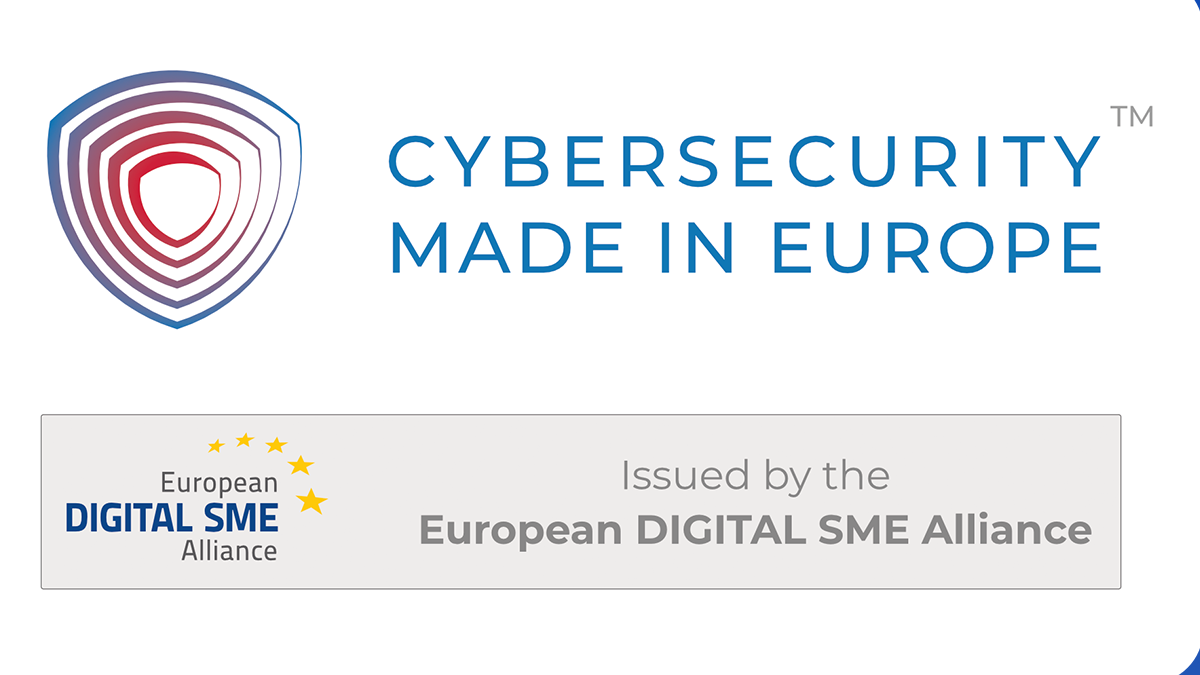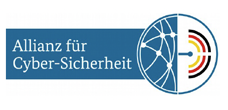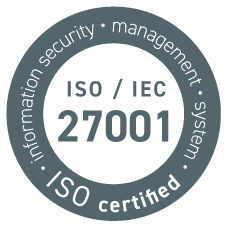Cyber belongs to everyone, trust is everything!
If we consider cyberspace as a social good, stated team asvin at this year’s IEEE, the security problems at hand can be solved. Asvin attended the 2023 IEEE International Conference on Cyber Security and Resilience (CSR) in Venice in mid-August. In our paper “Cyber Resilience, Societal Situational Awareness for SME”, we described the development that led to what we consider a groundbreaking realisation back in the nineties of the last century, but which then disappeared again: That cyberspace should belong to all participants, citizens and operators alike. “Cyber is a social good,” said Cybersecurity and Infrastructure Security Agency Director Jen Easterly recently, “It’s about societal resilience.”
Here’s an excerpt from our paper: We need to fundamentally change the relationship between government and industry. This insight is based on the belief that trust can be reinvented on three levels: 1. that of data chains in devices, 2. that of information chains in the supply chain (can I trust my supplier, my customer), and 3. trust in the authenticity, the ‘reality level’ of the relationships generated by these chains in an age of Deep Fakes, Chat GPT and the Metaverse.
We argue that there is a crisis of trust at all levels, a crisis that is inescapably part of the digital turn currently underway itself. As Mark Weiser wrote in his epochal text “The Computer for the 21st Century”, we are moving towards a form of computing that will disappear into the “fabric of everyday life” and will only succeed if it disappears completely from people’s experience. It is the infrastructure itself, he said, that is being given a new layer and becoming “intelligent”. It has become an integral part of society, which was previously governed by the rules of the kinetic realities of the world.
These rules were established in view of certain threats. Hybrid reality, i.e. analogue and kinetic layers permanently interacting, leads to new everyday practices that become social behaviour. Coping with new threats thus actually becomes a social good.
We argue that this is especially true for small and medium-sized enterprises (SMEs), which make up 99% of all businesses in Europe and not only represent a large fragmented threat vector, but also fight cybercrime in isolation. That is why we are developing a novel solution for contextual sharing of cybersecurity risk information between SMEs in a peer-to-peer mesh network. In addition, a graph-based risk analysis and prioritisation method is being developed that incorporates contextual information of assets and their environment. Cyber space belongs to everyone, so it should be safe for everyone.
The link to the paper: R. van Kranenburg, R. Bohara, R. Yahalom and M. Ross, “Cyber Resilience, Societal Situational Awareness for SME,” 2023 IEEE International Conference on Cyber Security and Resilience (CSR), Venice, Italy, 2023, pp. 458-463, doi: 10.1109/CSR57506.2023.10225011.
https://ieeexplore.ieee.org/document/10225011
Email our Chief Innovation Officer (CIO) Rob van Kranenburg if you would like to receive the full paper –r.v.kranenbourg@asvin.io






